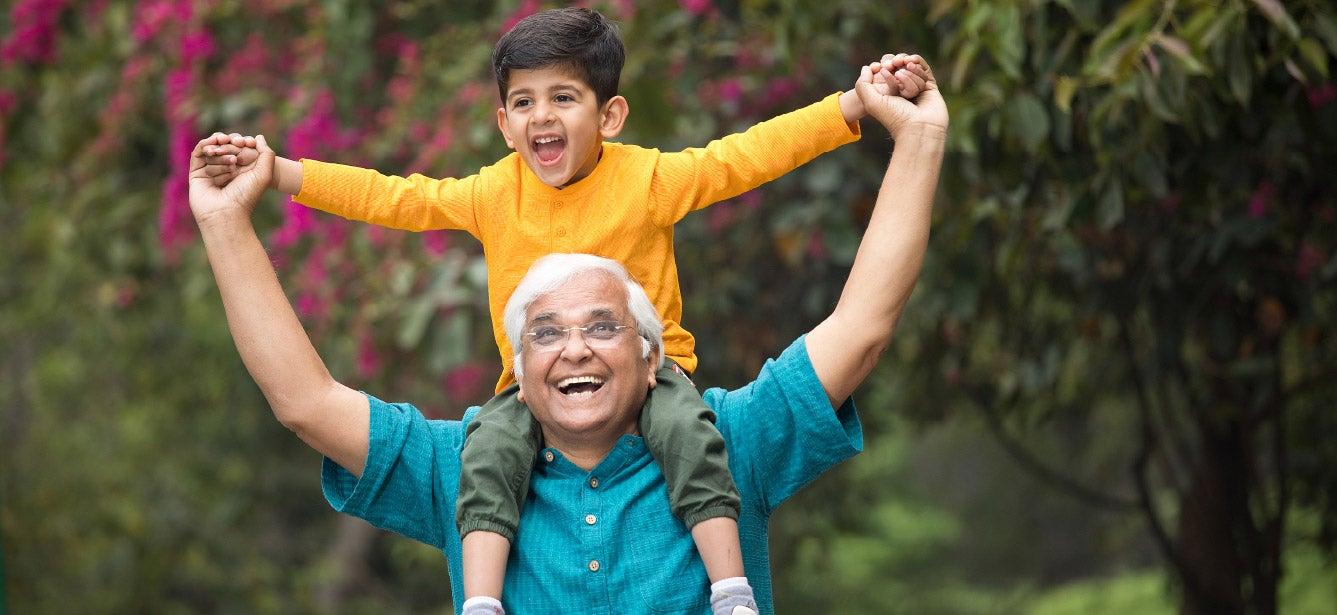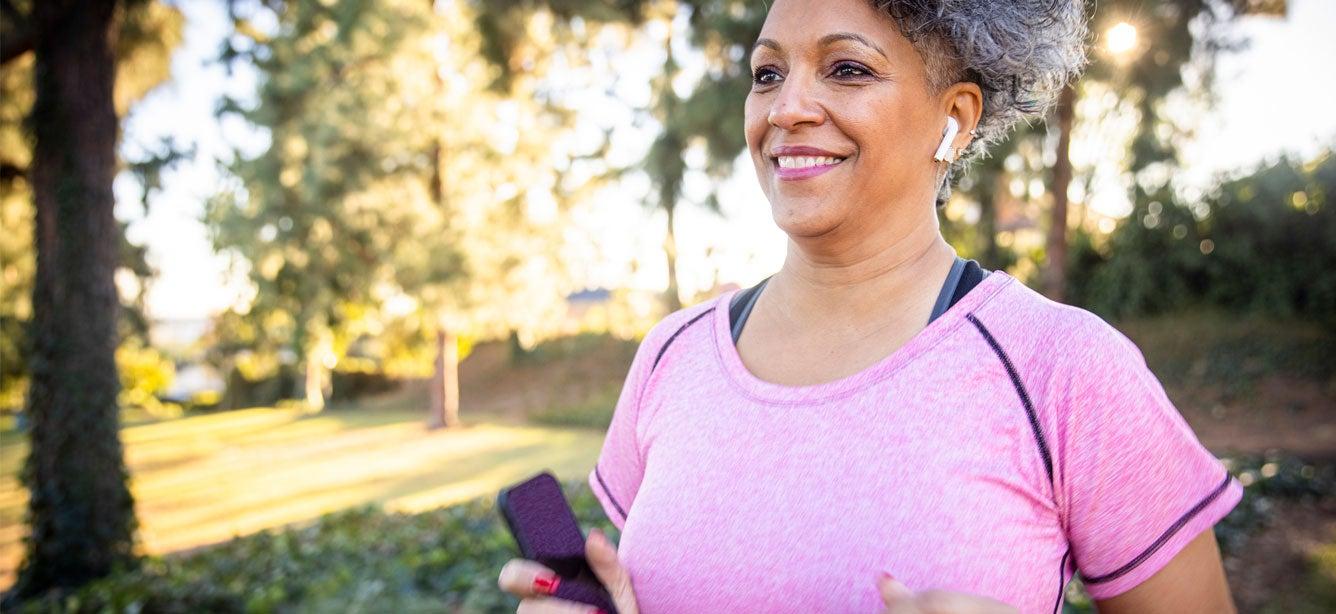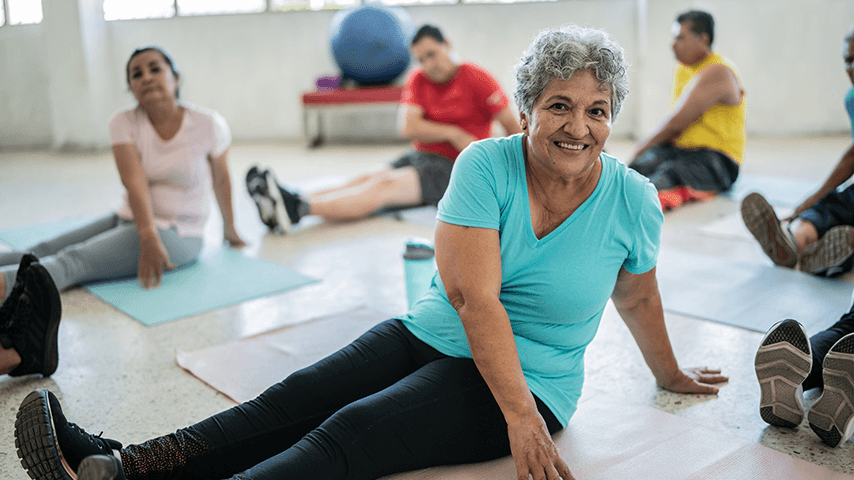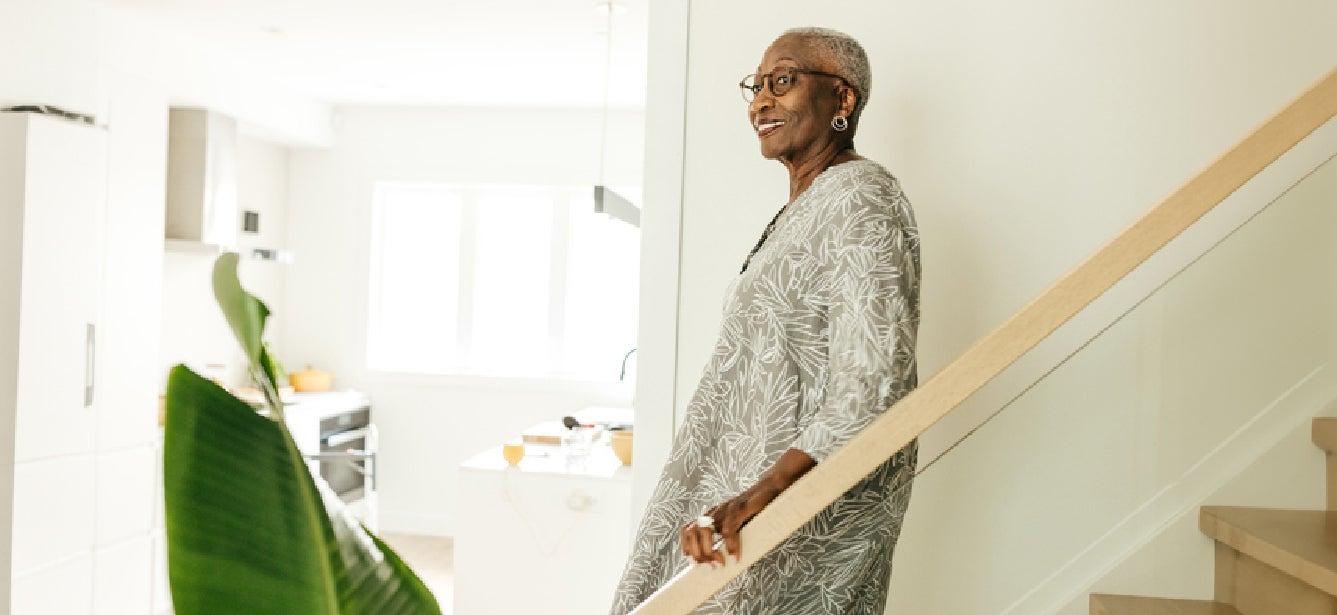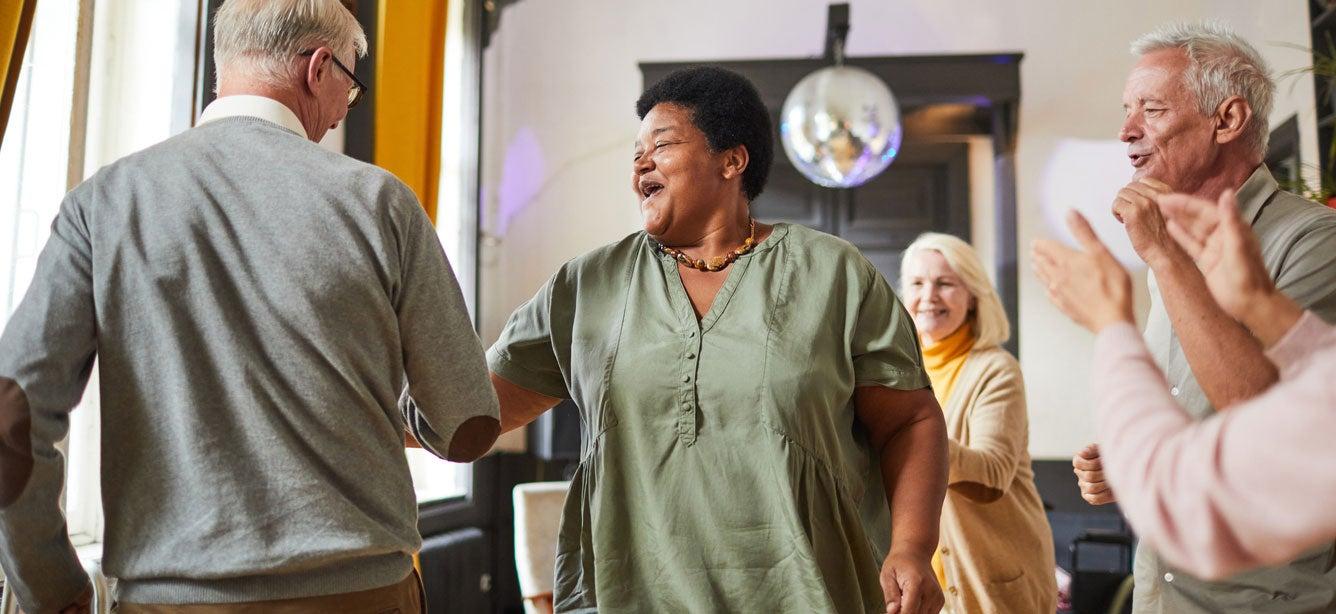Exercise & Fitness
Move a little, move a lot. The important thing is to make sure you keep moving! Make aerobics, strength building, flexibility, and balance all part of your daily exercise routine.
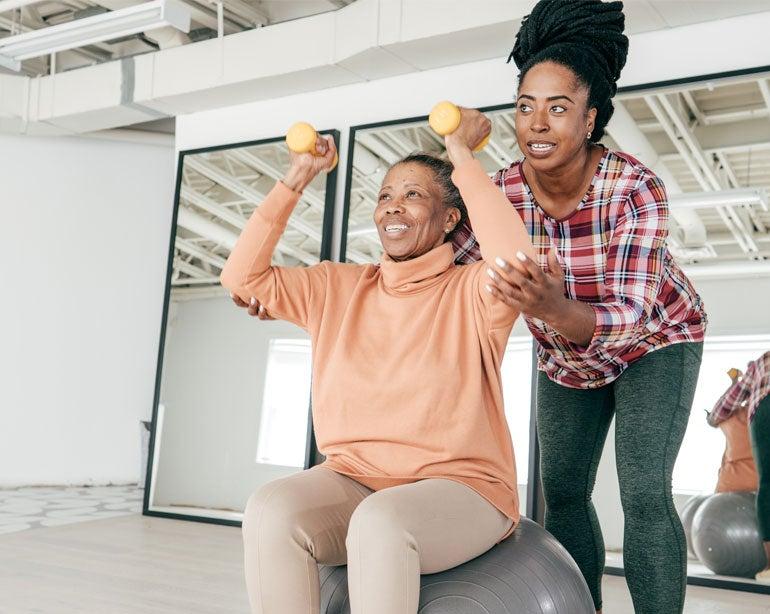
Fit Movement Into Your Day
Multiple short periods of exercise can be as beneficial as longer periods for some aspects of fitness. Find out how to personalize your physical activity to make sure it is what you want to do and when you want to do it.
Stay Falls and Injury Free
Did you know you have the power to lower your risk of falling? Take our 2-minute Falls Free CheckUp to see what causes falls and how to prevent them.

